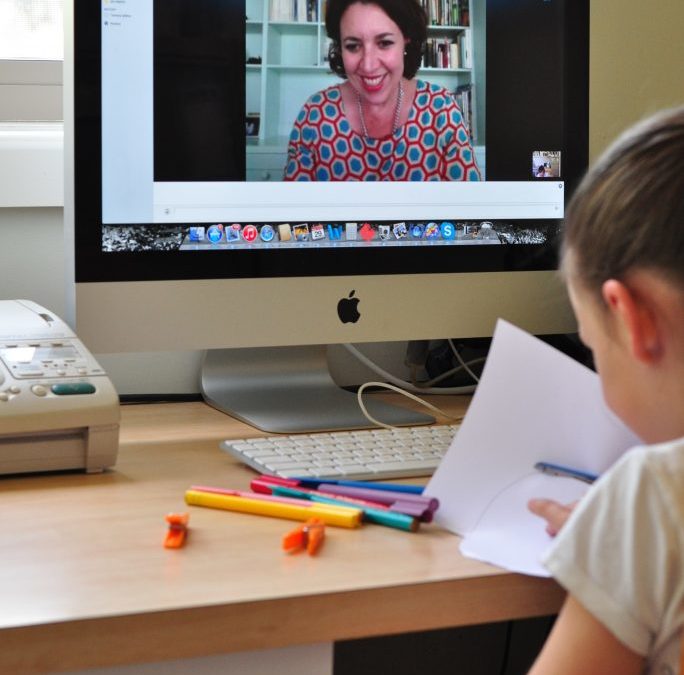Let’s face it, we all need inspiration for packing healthy lunch boxes and neurodiverse children can have additional needs that we need to factor in. Our Dietitians understand the importance of tailored meal plans and strategies that cater to individual preferences and sensitivities. In this blog, we’ll explore valuable tips gathered from experienced Dietitians to help parents and caregivers provide optimal nutrition and create a positive experience during school lunch.
Texture and Sensory Considerations:
Be mindful of sensory sensitivities that may affect your child’s acceptance of certain textures and flavours. We suggest offering a variety of textures and visually appealing presentations of foods to gradually expand their palate.
Routine and Predictability:
Establishing a consistent mealtime routine will provide a sense of security and predictability. This applies to school lunches too. Consistently offering similar foods and combinations of foods can help reduce anxiety around food.
Visual Supports:
Using visual supports such as picture cards to help children understand mealtime routines and make choices about what they are going to eat can help. You could start working on this before the school year begins.
Nutrient-Dense Foods:
Prioritise nutrient-dense foods like fruits, vegetables, lean proteins, whole grains, and dairy or dairy alternatives. These foods ensure that children receive essential vitamins and minerals.
Hydration:
Staying hydrated, particularly on hot days, is vital. Packing a water bottle that your child likes using can help with ensuring they drink enough water while at school. We recommend checking the water bottle at the end of the day and consulting with teachers if your child needs help with being reminded to keep up their fluids.
Balanced Snacks:
Provide balanced snacks combining protein and complex carbohydrates to stabilise blood sugar levels. Options like yogurt with fruit or hummus with veggies can keep energy levels steady.
Picky Eating Strategies:
If your child is a picky eater, you’re not alone! For the picky eaters, try using strategies such as food exposure, food play, and positive reinforcement. Gradually introducing foods can help diversify their diet. It can take a lot of patience!
Collaboration:
Collaborate with your healthcare professionals, including Dietitians, to address dietary and medical concerns comprehensively.
Building health habits takes time and patience. By incorporating these tips from experienced Therapy Connect Dietitians, parents and caregivers can provide the best possible nutrition for kids heading back to school or starting school. Every child is unique and their needs can change over the course of the year or even over the course of the week. If you need help with meal planning or creating individualised strategies to address any food challenges, please get in touch with us to book an appointment with one of our Dietitians.




